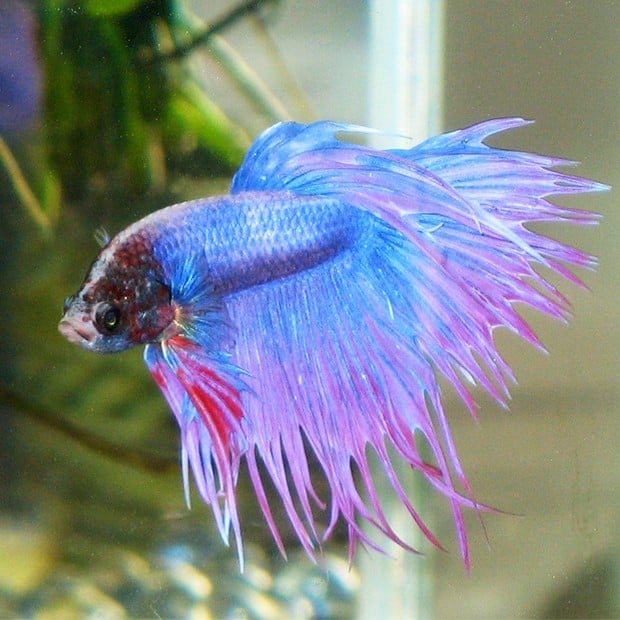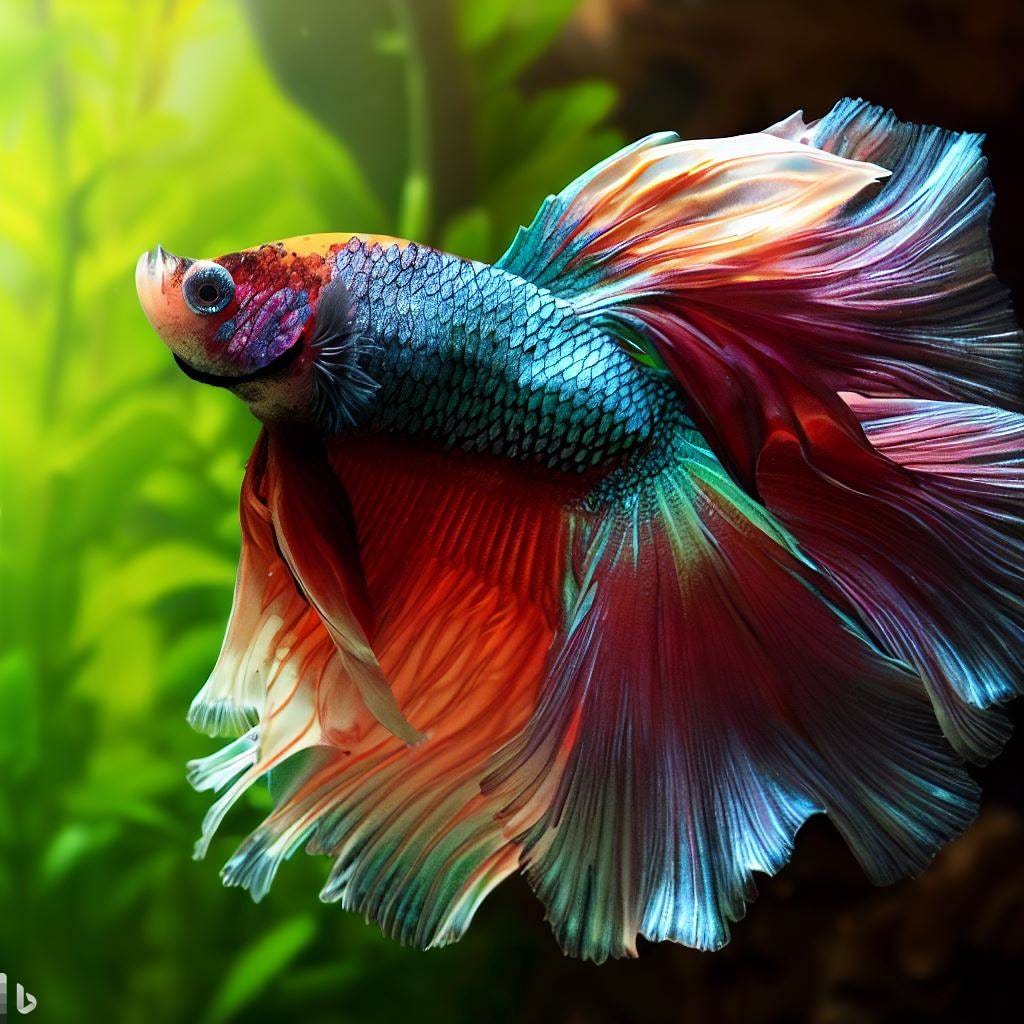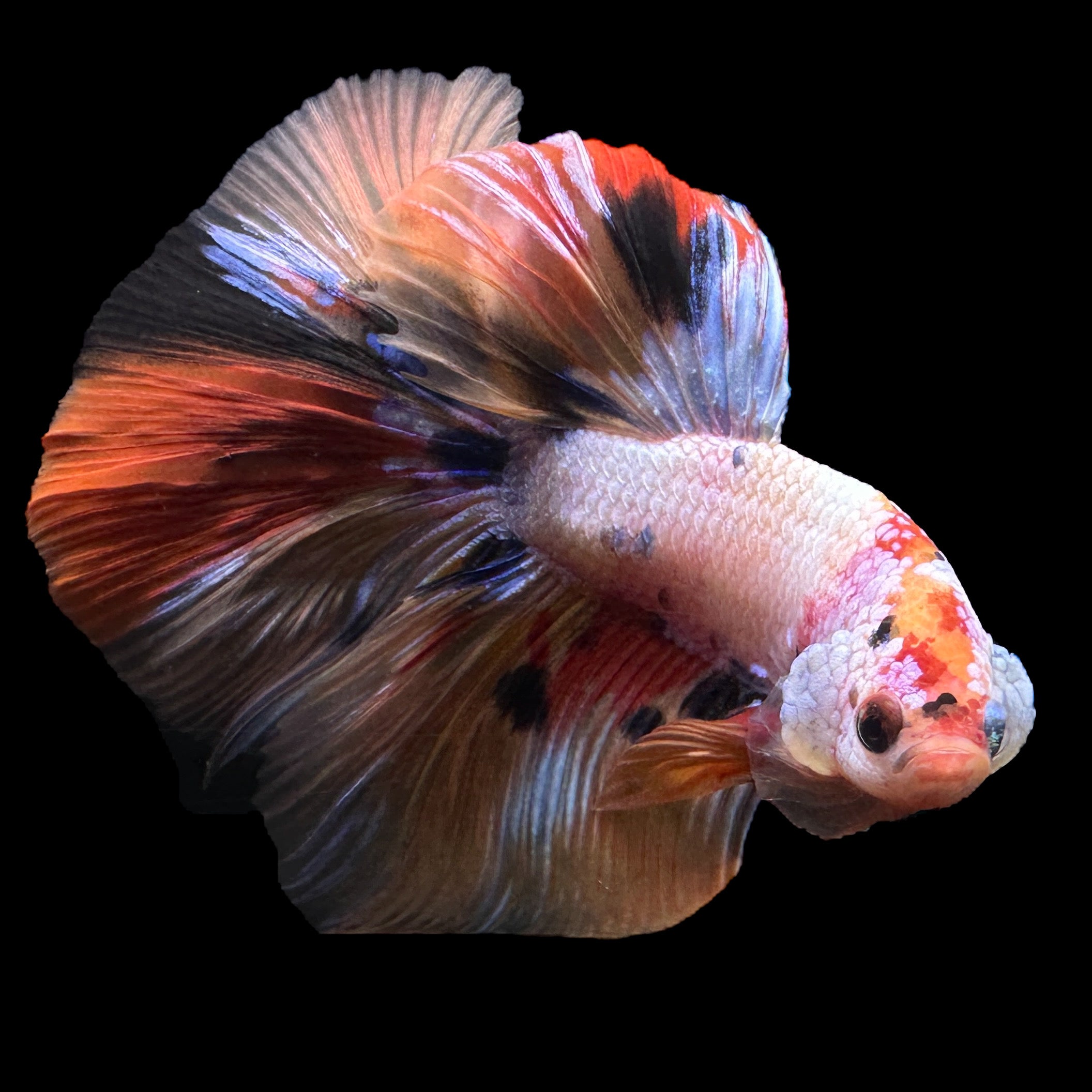The Ultimate Guide to Betta Fish Care: Vital Tips for Maintaining a Healthy and Growing Aquarium Setting
Reliable Betta fish treatment demands a comprehensive understanding of their distinct environmental and physiological needs. Establishing a suitable aquarium starts with picking the right container dimension and making certain optimum water problems, which are critical for the wellness and well-being of your Betta. Recognizing appropriate feeding practices and developing a helpful environment can considerably impact your fish's vigor and habits. As you take into consideration these fundamental elements, it ends up being clear that maintaining a thriving fish tank environment needs focus to information and ongoing commitment. What specific techniques will you implement to boost your Betta's high quality of life?
Choosing the Right Storage Tank
Selecting the proper container for your Betta fish is crucial to guaranteeing its wellness and health. Bettas prosper in environments that simulate their all-natural environments, which typically contain calmness, cozy waters. A tank dimension of at least five gallons is suggested to provide appropriate swimming area, as smaller sized tanks can bring about tension and wellness concerns for these lively fish.
When picking a tank, think about the tank's form and purification system. A rectangular tank is preferable to a dish, as it uses a lot more area for oxygen exchange. Furthermore, a dependable purification system is necessary to maintain water high quality and decrease the regularity of water changes (betta fish). Nonetheless, it is essential to pick a filter with a mild flow, as Bettas are not strong swimmers and may resist strong currents.
Temperature level law is one more crucial element; Bettas choose water temperature levels in between 76 ° F and 82 ° F. Investing in a great heating system will certainly make sure that the water remains within this array, promoting a healthy and energetic way of life for your Betta. Giving ideal tank decors and concealing places will certainly aid minimize stress and urge all-natural habits, even more enhancing your Betta's health.
Keeping Water Top Quality
Preserving optimum water high quality is crucial for the wellness and long life of Betta fish. This requires normal monitoring of different specifications, including temperature level, pH, ammonia, nitrite, and nitrate levels. Bettas flourish in temperature levels in between 76 ° F and 82 ° F, so keeping a stable temperature is critical. Sudden changes can lead to stress and anxiety and disease.
The pH level must preferably fall between 6.5 and 7.5. Routine screening using a trusted water screening set can aid guarantee these criteria remain within the ideal arrays. Ammonia and nitrite levels need to constantly go to 0 ppm, as also reduced concentrations can be poisonous to Betta fish. Nitrate degrees ought to be kept under 20 ppm to prevent lasting health concerns.
Normal water adjustments are essential to maintaining water quality. In addition, integrating a durable purification system can aid in preserving water clarity and quality, supplying a healthier habitat for your Betta fish.
Perfect Feeding Practices
Supplying a well balanced diet is crucial for the health and wellness and dynamic pigmentation of Betta fish, as their dietary demands play a substantial function in their overall well-being. Betta fish are meat-eating by nature, needing a diet high in healthy protein. A mix of top notch pellets, frozen or real-time foods such as bloodworms, brine shrimp, and daphnia can provide the vital nutrients they require.
Feed your Betta fish 2 to 3 times a day, offering only what they can take in within 2 to 3 minutes to avoid overfeeding and maintain water top quality. Overfeeding can bring about obesity and health and wellness concerns, including swim bladder illness. It is vital to check their dietary intake and readjust section sizes appropriately.
In addition to healthy protein, a balanced diet should include minerals and vitamins to promote optimal wellness. Think about supplementing their pop over to this site diet with high-quality flakes or pellets particularly created for Betta fish, as these typically contain essential additives.

Developing an Ideal Environment

Water top quality is extremely important; preserve a temperature in between 76 ° F and 82 ° F, and guarantee the pH level ranges from 6 - betta fish.5 to 7.5. Regular water modifications of 25-50% per week will certainly help maintain toxins at bay and make sure a secure environment
Incorporating plants and hiding places is important, as Betta fish are normally territorial and take pleasure in having locations to explore and pull back. Live or silk plants, together with caverns and ornaments, can produce a revitalizing setting.

Normal Wellness Checkups
Carrying out routine health and wellness checkups is crucial for guaranteeing the wellness of Betta fish, as early discovery of possible concerns can avoid severe wellness troubles. These check-ups must encompass an extensive examination of the fish's physical more tips here condition, habits, and environmental variables.
Begin by observing the Betta fish for any kind of signs of distress, such as sleepiness, anorexia nervosa, or unusual swimming patterns. In addition, check the fins and body for indications of staining, sores, or fin rot, which can show infections or bloodsuckers. Routinely monitoring the water high quality in the fish tank is similarly essential; criteria such as pH, ammonia, nitrite, and nitrate levels need to be maintained within ideal varieties to protect against stress and anxiety and illness.
Additionally, consider keeping a log of health and wellness observations and water high quality examinations. This record can assist in the recognition of fads or persisting concerns. If any abnormalities are detected throughout the check-up, it is important to consult a vet experienced in aquatic animals. Prompt intervention can make a substantial distinction in the healing of your Betta fish, making sure a long and healthy life in a well-maintained aquarium atmosphere.
Conclusion
Finally, successful Betta fish treatment rests on developing and preserving an optimum fish tank atmosphere. Secret factors include choosing an appropriately sized storage tank, making sure constant water top quality, sticking to suitable feeding practices, and making a habitat that lessens stress. Normal wellness examinations are vital for very early discovery of potential problems. By following these standards, aquarists can promote the well-being and vibrancy of Betta fish, inevitably leading to a growing water environment.